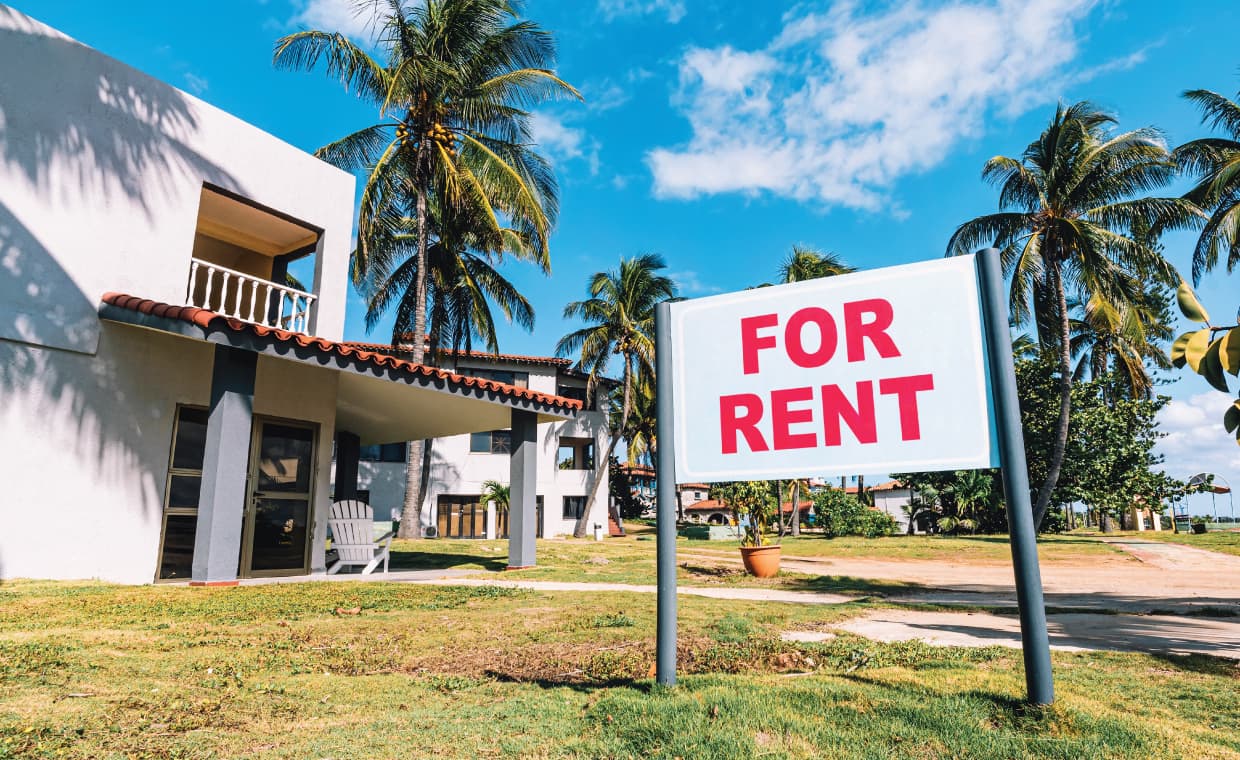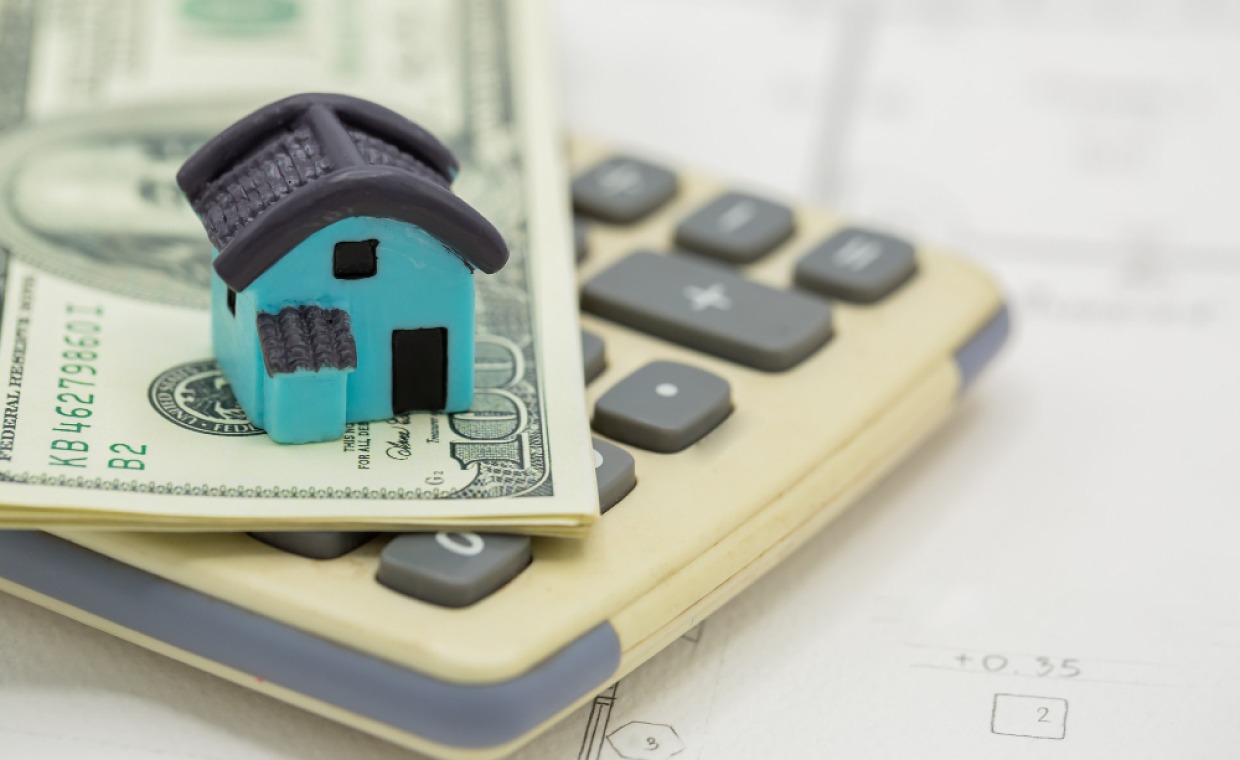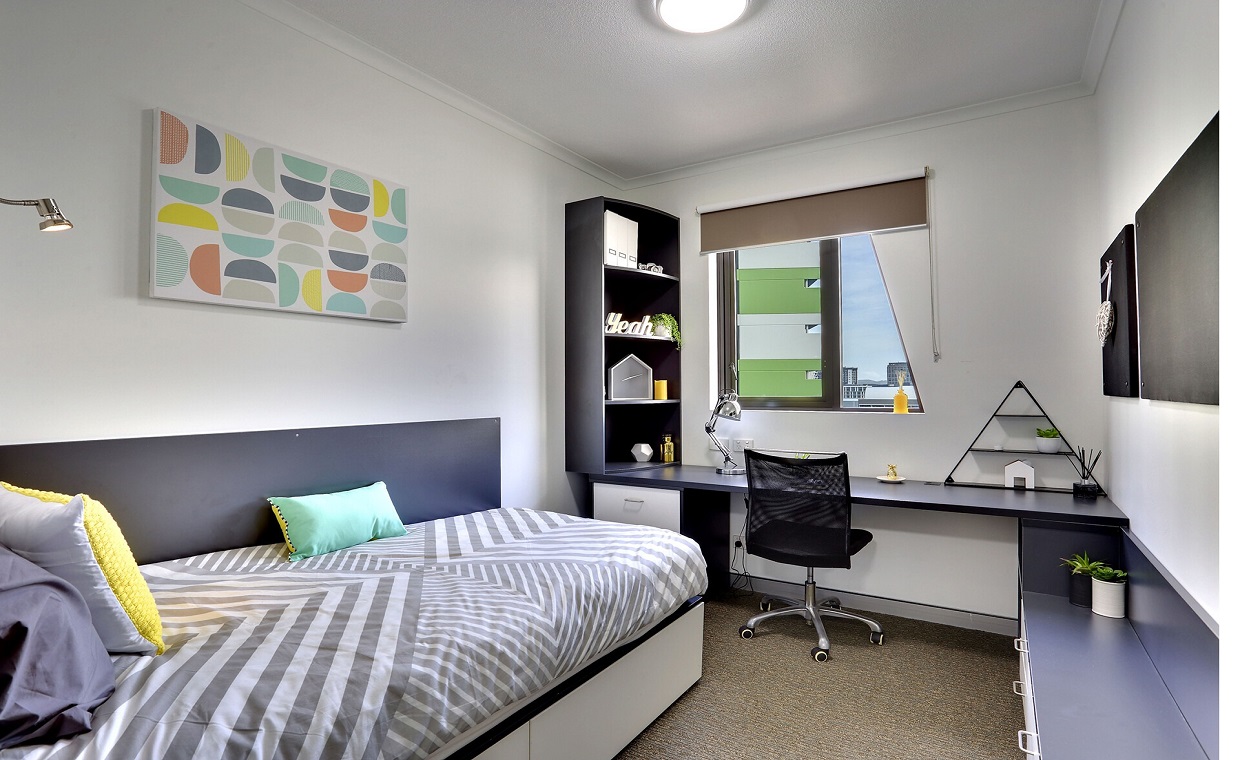
Renting out newly renovated property can be a daunting task, but it presents a unique opportunity to maximize investment returns. Understanding the key steps to attract quality tenants is essential for a successful rental experience. From effective marketing strategies to ensuring the property meets safety and legal standards, each detail plays a critical role in the rental process.
Potential landlords must consider how to showcase their renovated property effectively. High-quality photos, detailed listings, and proper staging can make a significant difference in drawing interest. Crafting a compelling rental description that highlights the renovations and unique features will help stand out in a competitive market.
Establishing a fair market rent is also crucial. Researching comparable properties in the area provides insight into pricing strategies that attract prospective tenants while ensuring a profitable return. Being transparent about the renovations and creating a safe, welcoming environment will further enhance the overall rental experience.
Tips for Renting Out Newly Renovated Property
Following are the basic tips for renting a newly renovated home:
1. Preparing Your Property for Tenants
2. Marketing Your Renovated Property
3. Setting the Terms of Lease
4. Financial Considerations
5. Legal Aspects of Renting Out
01. Preparing Your Property for Tenants

Preparing a renovated property for tenants involves several important steps. Attention to detail ensures a smooth transition and promotes tenant satisfaction.
- Clean Thoroughly: A deep clean should cover all surfaces, including floors, windows, and appliances. A clean environment attracts tenants.
- Inspect Systems: Ensure that plumbing, electrical, and HVAC systems are functioning properly. Address any repairs before listing the property.
- Safety Checks: Install smoke detectors and carbon monoxide alarms. They are essential for tenant safety and may be legally required.
- Enhance Curb Appeal: First impressions matter. Trim landscaping, paint the front door, and make sure the exterior is inviting.
- Neutral Decor: Use neutral paint colors and versatile furnishings. This allows tenants to envision their own style in the space.
- Furnish Essentials: If providing furniture, choose durable items that can withstand wear. Include basic necessities like kitchen utensils, linens, and toiletries.
- Set Clear Policies: Create a clear rental agreement outlining rules regarding pets, maintenance responsibilities, and payment terms. This sets expectations from the start.
- Conduct a Walkthrough: Organize a walkthrough with potential tenants. This allows them to ask questions and assess the space personally.
Making these preparations will help land quality tenants and provide a positive rental experience.
02. Marketing Your Renovated Property

Successful marketing of a renovated property requires a strategic approach. Highlighting key features and improvements will attract potential tenants.
Photographs play a crucial role. High-quality images should showcase the property’s best angles, emphasizing new renovations like updated kitchens or bathrooms. Consider hiring a professional photographer for optimal results.
Online Listings are essential. Platforms such as Zillow, Realtor.com, and local rental sites can reach a wide audience. Craft compelling descriptions that include:
- Property details (size, number of rooms)
- Renovation highlights (new appliances, flooring)
- Amenities (parking, outdoor space)
Social media is a powerful tool. Sharing posts on platforms like Facebook and Instagram can attract interest. Creating a dedicated page for the property provides a place for updates and tenant interaction.
Networking is valuable as well. Engaging with local real estate groups or community boards can increase visibility. Word-of-mouth referrals often lead to quality tenants.

Open Houses or virtual tours allow potential renters to experience the property firsthand. Scheduling these events can generate buzz and increase the likelihood of finding interested parties.
Using a combination of these methods will effectively market the renovated property, reaching a broader audience and maximizing rental potential.
03. Setting the Terms of Lease

Establishing clear lease terms is crucial for both the landlord and tenant. It sets expectations and protects the interests of all parties involved.
Key Terms to Consider Include :
- Rent Amount: Specify the monthly rent and acceptable payment methods.
- Security Deposit: State the amount and conditions for its return.
- Lease Duration: Outline the lease length, whether it’s a fixed term or month-to-month.
Additional Considerations :
- Maintenance Responsibilities: Clarify who handles repairs and maintenance.
- Utilities: Define which utilities the tenant is responsible for.
- Pet Policy: Decide if pets are allowed and any associated fees.
A written lease should include guidelines for :
- Termination Notice: Detail the notice period required for terminating the lease.
- Late Payments: Specify the penalties for late rent and grace periods.
It’s advisable to use a standardized lease agreement template tailored to local laws. This ensures compliance with housing regulations and safeguards tenant rights.
Clear communication of expectations can prevent disputes. Landlords should consider using bullet points or tables for easy reference.
04. Financial Considerations to Give Newly Renovated Homes for Rent

Renting out a newly renovated property involves several critical financial aspects. Landlords should carefully assess all potential costs and income to make informed decisions.
Key Expenses:
- Mortgage Payments: Monthly payments will impact cash flow.
- Insurance: Property insurance is essential to protect against risks.
- Maintenance Costs: Budget for ongoing maintenance and repairs.
- Property Management Fees: Hiring a property manager incurs additional expenses.
Expected Income:
- Rental Income: Research local rental rates to set a competitive price.
- Tax Deductions: Various expenses, such as repairs and depreciation, may be tax-deductible.
Cash Flow Analysis: Calculating potential cash flow is vital. Use the following formula:
Cash Flow = Rental Income – (Mortgage + Expenses)
This determines whether the property will be a profitable investment. Negative cash flow can indicate potential financial strain.
Setting Rent:
Consider these factors for rent pricing:
- Location: Proximity to amenities can affect demand.
- Market Conditions: Analyse current rentals in the area.
- Property Features: Unique renovations may justify higher prices.
Landlords should have a clear financial plan. This ensures they maximize their investment while managing risks effectively.
05. Legal Aspects of Renting Out Newly Renovated Property

Renting out a property involves various legal considerations. It is essential for landlords to understand their rights and obligations under the law.
Key Legal Considerations :
- Lease Agreements: A written lease agreement should be created. It outlines rental terms, rules, and obligations for both the landlord and tenant.
- Security Deposits: Landlords can collect a security deposit. However, regulations on the amount and return of these deposits vary by region.
- Tenant Rights: Understanding tenant rights is crucial. They typically include the right to a safe living environment and privacy.
- Local Laws: Each jurisdiction may have specific rental laws, including zoning regulations. Research local ordinances to ensure compliance.
- No-Fault Evictions: Many areas have ended no-fault evictions. This means a landlord cannot evict a tenant without cause. Familiarity with these laws helps prevent disputes.
- Fair Housing Act: Landlords must comply with the Fair Housing Act, prohibiting discrimination based on race, color, religion, sex, or other protected categories.
- Maintenance Responsibilities: Landlords must maintain property standards. This includes repairs and ensuring utilities are functioning properly.
Take Away
Staying informed about these legal aspects minimizes the risk of future conflicts and helps maintain a positive landlord-tenant relationship. Regularly reviewing local laws can provide updates and changes in regulations affecting rental properties.
Before you leave, don’t forget to read the following blog:






























